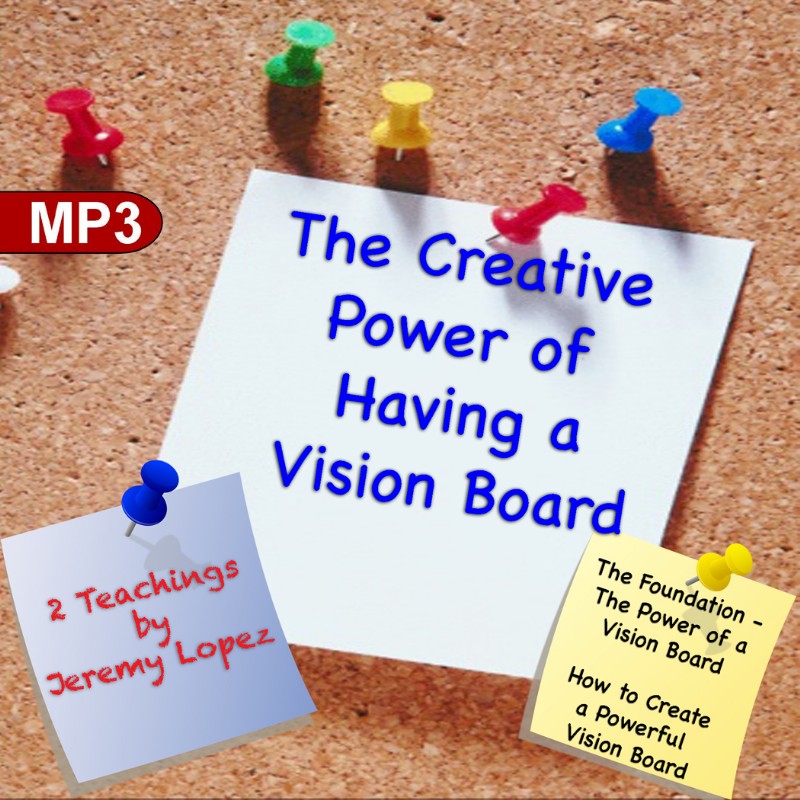In a world of shifting values and loud ideologies, it can be difficult to define what real faith looks like. Too often, religion is distorted into something rigid, divisive, or transactional, focused more on who’s “in” or “out” than on who needs to be loved. But Jesus didn’t come to establish a hierarchy or build a fence. He came to build a foundation—one that is rooted in love, justice, grace, and truth. When these four pillars hold up our faith, we reflect the heart of God to a broken world.
Love: The Greatest of These
At its core, the Christian faith is a story of love. Jesus said the greatest commandments are to love God with all our heart, soul, and mind, and to love our neighbor as ourselves (Matthew 22:37–39). Love is not an accessory to faith—it is its very essence. Without love, our theology is hollow. Without love, our doctrine becomes dogma. Without love, we become clanging cymbals—noisy but lifeless (1 Corinthians 13:1).
Love in this context is not soft or passive; it’s sacrificial. It sees dignity in the outcast, humanity in the stranger, and hope in the hopeless. A faith rooted in love moves us beyond our comfort zones and into deeper empathy and action.
Justice: What Love Looks Like in Public
If love is the heartbeat of faith, justice is love with legs. It’s what happens when our compassion extends into how we treat others and structure society. Throughout Scripture, God makes it abundantly clear that He cares deeply about justice—especially for the marginalized: the widow, the orphan, the foreigner, and the poor (Isaiah 1:17, Micah 6:8).
Jesus embodied this. He challenged unjust systems, flipped tables in the temple, and stood with the oppressed. He taught that the kingdom of God lifts the lowly and humbles the powerful. True faith doesn’t look away from injustice; it leans into it, disrupts it, and heals it.
Grace: The Soil of Transformation
Grace is the gift that makes our faith both possible and sustainable. It is unearned favor, relentless mercy, and divine patience. Without grace, our pursuit of love and justice becomes a burden. With grace, it becomes a joy.
Too many people have been wounded by faith traditions that wield shame instead of grace. But grace reminds us that God’s love doesn’t start when we "get it right"—it starts while we’re still broken (Romans 5:8). And that same grace we receive must be the grace we extend to others, and to ourselves.
Truth: Anchoring Our Belief
Truth is not a weapon; it’s a compass. It doesn’t need to be shouted to be powerful. It needs to be lived. Jesus said, “I am the way, the truth, and the life” (John 14:6), meaning that truth is not just information—it’s a person. It’s Him. And in Him, truth is inseparable from love and grace.
A faith without truth drifts into relativism, but a faith without love or grace turns truth into a tool of exclusion. When truth is held in love, spoken in grace, and lived out in justice, it becomes a light—not a spotlight to expose others, but a lamp to guide us all (Psalm 119:105).
Living the Foundation
When love, justice, grace, and truth are our foundation, we create a faith that invites rather than excludes, that lifts up rather than looks down, that listens as much as it speaks. We build a house where the hurting can find healing, the weary can find rest, and the seeker can find God—not in rules or rituals, but in relationship.
In times of polarization and fear, we are called not to retreat into tribalism, but to rise into the fullness of Christ—who embodies all four pillars perfectly.
Let’s build our lives—and our faith—on that foundation. Let’s be people of love. Seekers of justice. Bearers of grace. Holders of truth.
And let’s do it not just in word, but in action.
Patrick Carden







